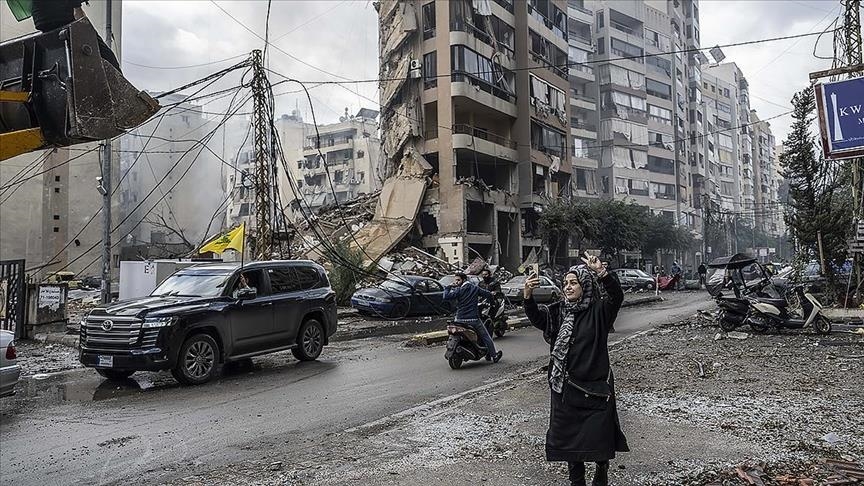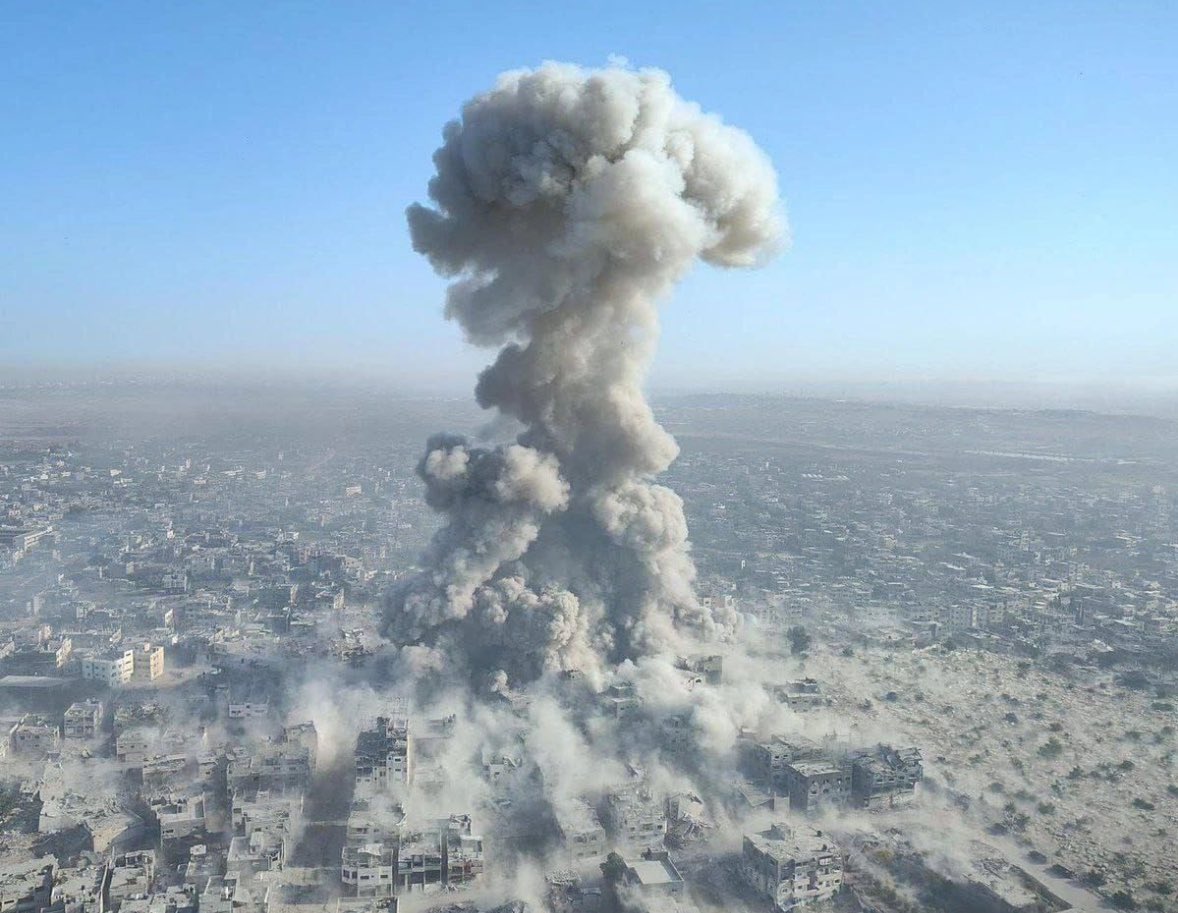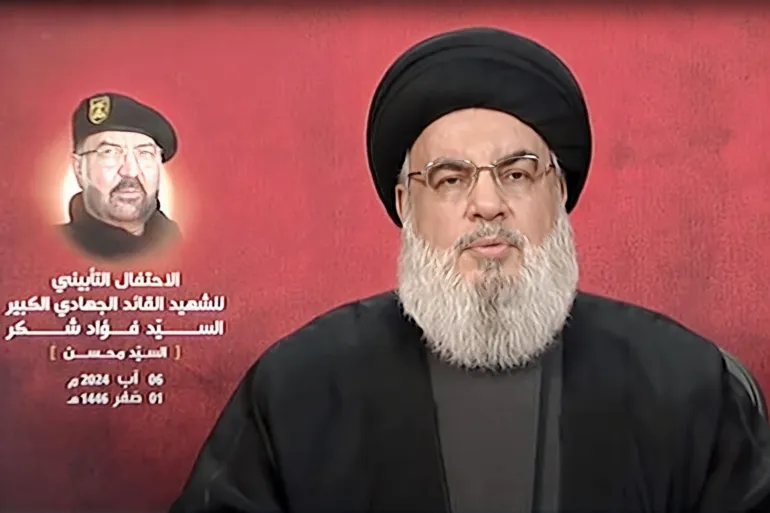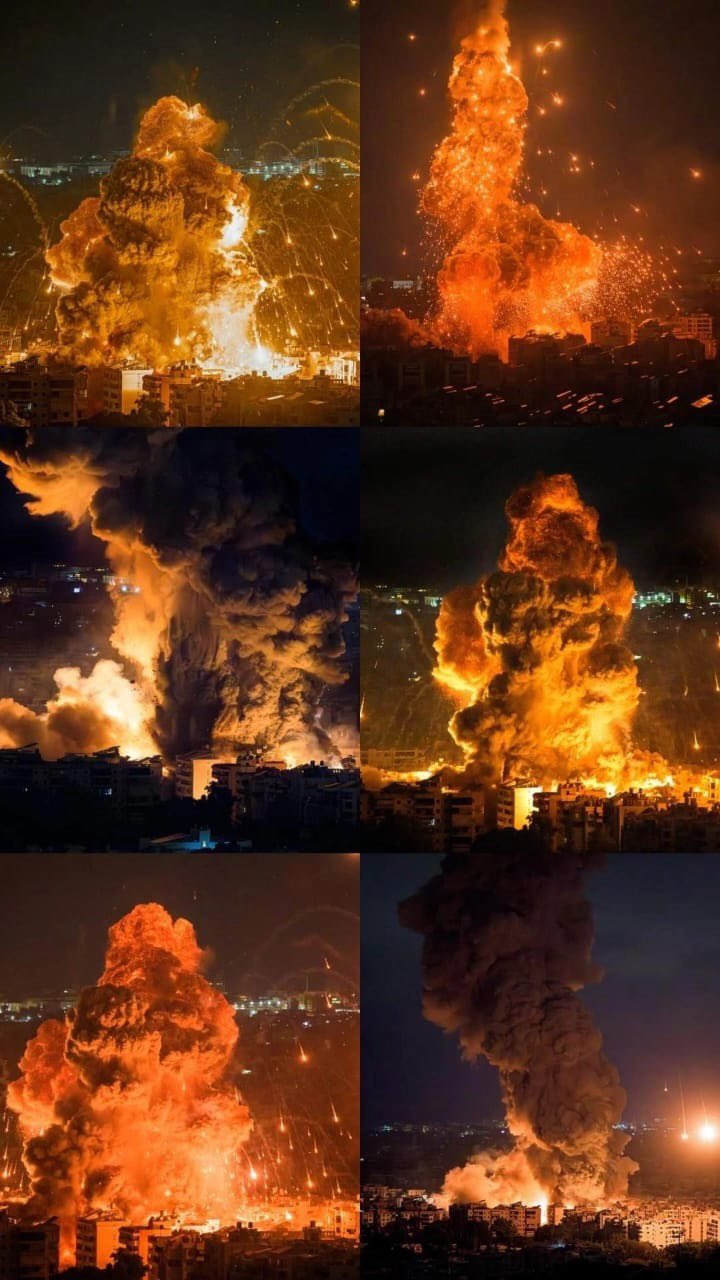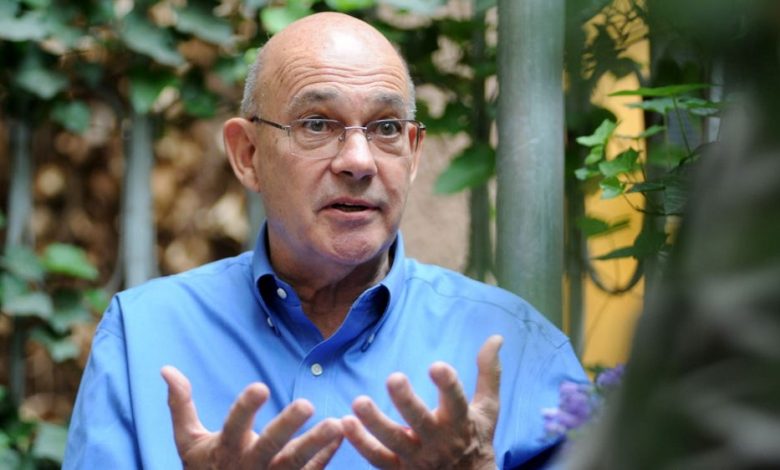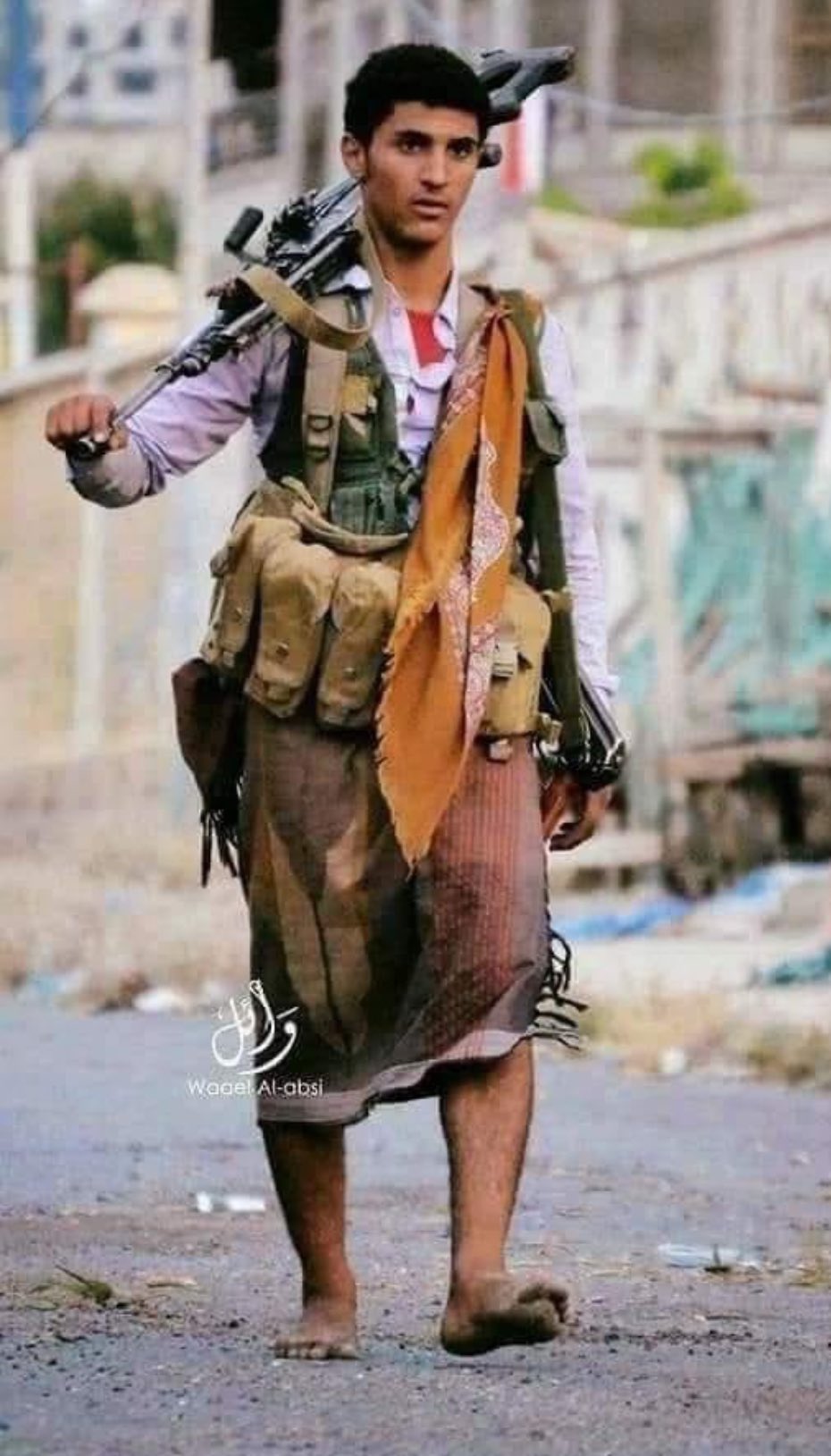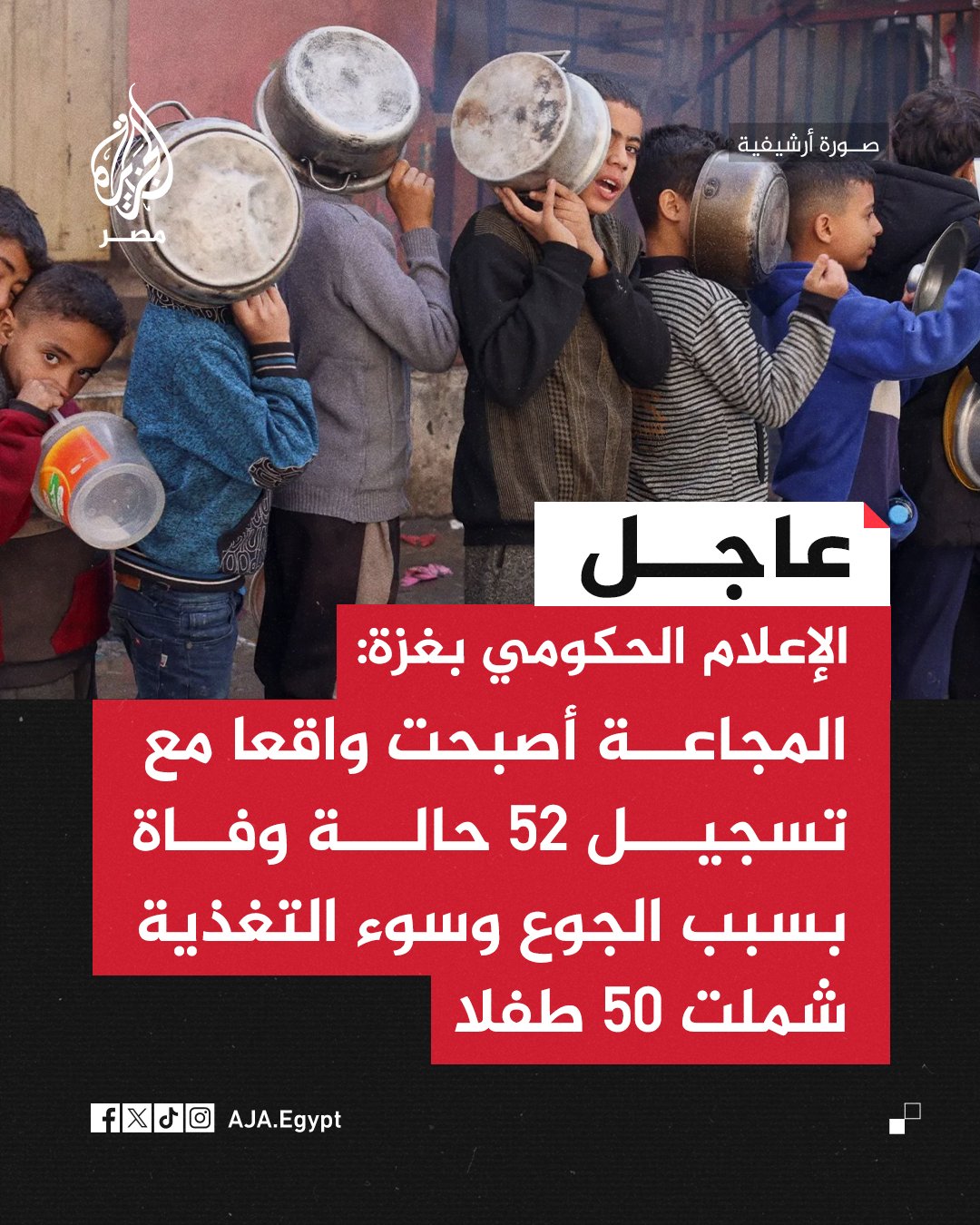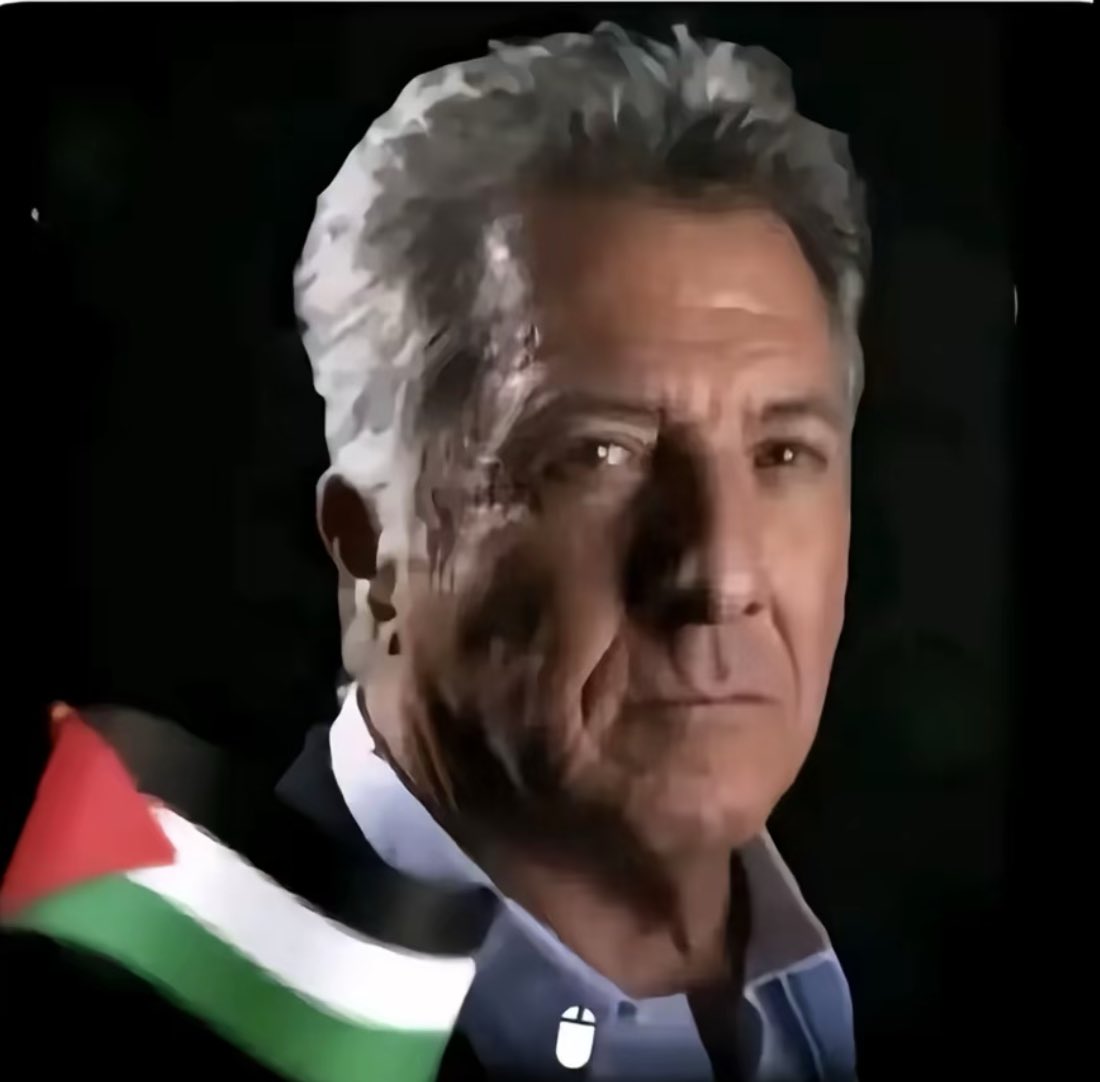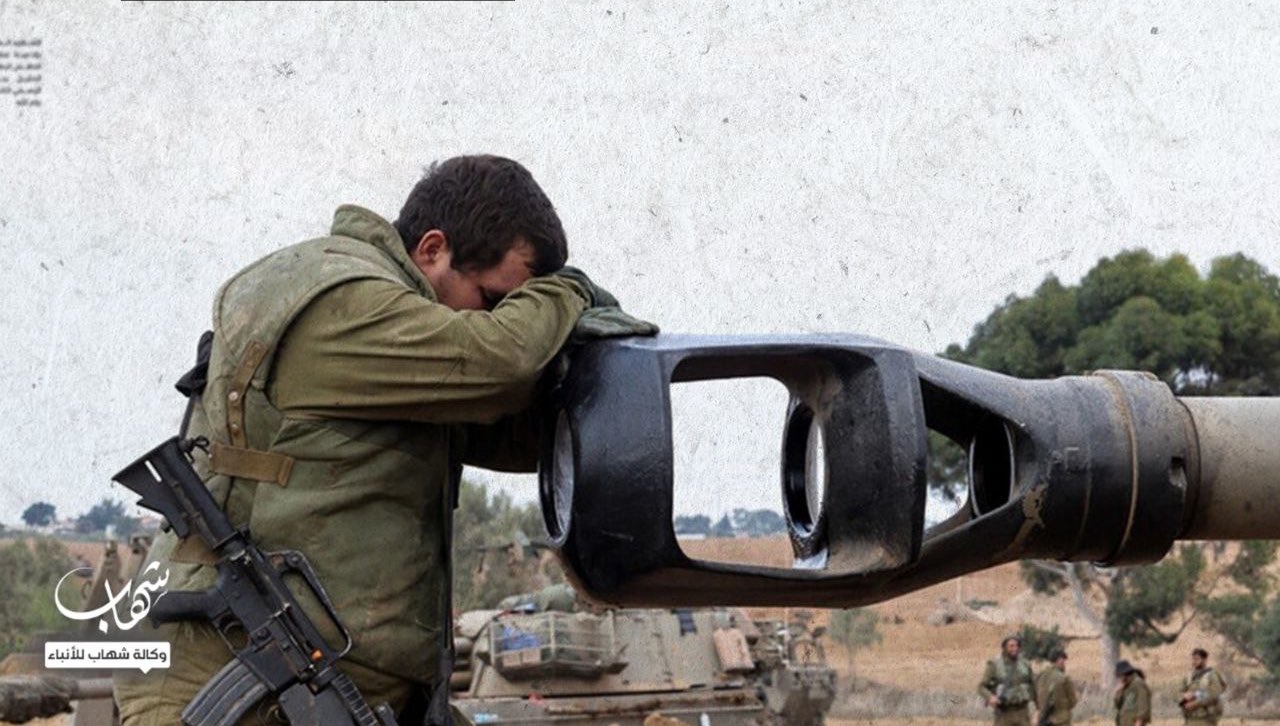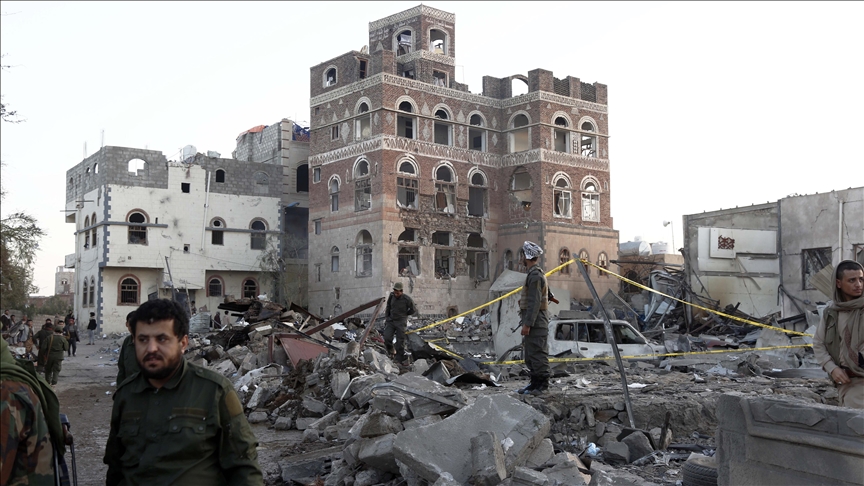Can Lebanon’s Ceasefire Lead to a Gaza Let up?
The cease-fire between Israel and Lebanon is raising questions about whether a similar truce could bring an end to the ongoing Israeli genocide in Gaza.
Statements from around the world have given rise to cautious hope, such as the US saying it aims to use the Lebanon truce “as a catalyst for a potential Gaza cease-fire,” but prospects of something actually materializing remain uncertain.
Palestinian academic Sami Al-Arian believes Israel does not want a cease-fire in Gaza, at least “for the time being.”
“Knowing that (Israeli Prime Minister Benjamin) Netanyahu will be facing prison once the war ends in Gaza, it doesn’t seem like he’s interested in either getting the hostages out or ending this genocidal war,” he told Anadolu.
Israel, he said, has been trying to “annihilate the (Palestinian) resistance” but failed to do so, or “free their captives with military means.”
“They have been trying for 14 months and they have failed miserably,” he said, adding that going for a cease-fire in such conditions would not fit in with Israel’s goals.
Israeli expert Ori Goldberg also finds chances of a truce in Gaza difficult, pointing to Netanyahu’s own statement rejecting that specific possibility.
He said the Israeli premier, now a man wanted by the International Criminal Court (ICC) for war crimes and crimes against humanity, is unlikely to agree to cease-fire terms that risk his political standing.
“Various countries have already stated a renewed commitment to a hostage deal, but a cease-fire in Gaza will have to include a detailed schedule for Israeli withdrawal,” Goldberg said.
“I have trouble seeing Netanyahu agreeing to that in Gaza … If he agrees to it in Gaza, he will seem weaker.”
Another factor, he added, is how much “the Israeli public supports the presence of the Israeli military in Gaza, much more than it does in Lebanon.”
Why did Israel agree to Lebanon cease-fire?
Experts say Israel’s main reason for agreeing to the Lebanon truce was because it failed to achieve its military goals against Hezbollah.
“They wanted to push Hezbollah to the north of the Litani River but that failed. They wanted to disarm Hezbollah, and that failed,” said Al-Arian, adding that Israel opted for a cessation of hostilities because its forces were suffering.
“They wanted to impinge on Lebanese sovereignty and be able to fly over the airspace of Lebanon and control the border. That failed.”
Other goals of returning illegal Israeli settlers to Lebanese lands or creating a buffer zone also failed, he added.
Al-Arian emphasized that the current agreement is “not a cease-fire” but a truce for 60 days, reiterating that Israel’s only reason for agreeing was that “they were not able to bring Hezbollah to its knees and surrender.”
Ali Rizk, a Lebanese security analyst, presented a slightly different view, saying that both Israel and Hezbollah needed the truce.
“Hezbollah needed a cease-fire because it had suffered some heavy blows,” he told Anadolu.
Hezbollah’s supporters, particularly among the Shia community, were targeted by Israel, with many of them being displaced, and there was “immense human suffering with the onset of the winter season,” he added.
For Israel, Rizk believes they “initially had the momentum in their favor, especially after the assassination of Hezbollah’s former leader Syed Hassan Nasrallah, but gradually that momentum appeared to fade away.”
“They encountered some heavy resistance in the south. A lot of their soldiers lost their lives in the south. Hezbollah missile and rocket attacks continued,” he said.
In his own statement, while Netanyahu “didn’t say it, but he was implying that the Israeli military was suffering from some kind of a fatigue,” Rizk pointed out.
The US was another factor, he said, as it never wanted – since October 2023 – the “situation to erupt, to explode in Lebanon.”
“They (US) welcomed any steps and they took the opportunity when they found that these circumstances were appropriate and they sent Amos Hochstein,” said Rizk, referring to Biden’s special envoy.
“There were several factors – Hezbollah’s interests, Israeli interests and US interests – and I think they all converge in the same direction.”
Israeli analyst Goldberg also believes Netanyahu agreed to a truce because his forces were not accomplishing their goals in Lebanon.
“He wants to keep the Israeli military in Gaza. There’s no victory there, so he wanted something that would be a feather in his cap … He agreed to it in Lebanon because these are two sovereign states,” he said.
Will Lebanon cease-fire hold and what comes next?
On the durability of the Lebanon truce, Rizk struck an optimistic tone.
“If you look at what happened in 2006, Resolution 1701, that ended that conflict and it spoke about a cessation of hostilities,” he said, adding that the situation remained calm from 2006 till 2023.
“It’s quite possible that … we could have a long-term calm again … because it’s clear that neither the Israelis nor the Americans have an interest in the situation exploding.”
With Trump coming to power soon, having made clear his aversion to any war or military adventures, it would be fair to say “there is a good chance that this agreement is going to hold,” he added.
Goldberg, however, was more cautious in his outlook.
“I think the cease-fire will hold, even though there are provisions … that suggest that Israel can open fire and use violence whenever it likes. We will see how this happens,” he said.
“I think Netanyahu has an interest in the cease-fire holding because that gives him carte blanche in Gaza.”
Rizk, meanwhile, also believes that a formula could be reached to end the Gaza genocide and go ahead with a hostage deal.
“In July, according to reports, (US President-elect Donald) Trump told Netanyahu that he wants the situation done, and he wants the war to come to an end,” he said.
“If you look at Trump’s appointments and his mandate, it seems that he doesn’t want anything to do with a new conflict in the Middle East. He’s even given indications that he wants to deal with Iran, so that leads me to conclude that his foreign policy priorities are going to be elsewhere, which requires calm in this part of the world.”

